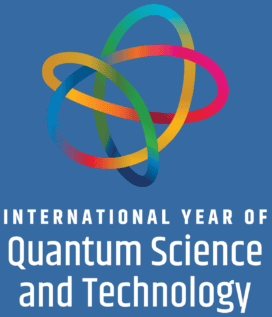Can artificial intelligence predict future research directions in quantum science? Listen to this episode of the Physics World Weekly podcast to discover what is already possible.
My guests are Mario Krenn – who heads the Artificial Scientist Lab at Germany’s Max Planck Institute for the Science of Light – and Felix Frohnert, who is doing a PhD on the intersection of quantum physics and machine learning at Leiden University in the Netherlands.
Frohnert, Krenn and colleagues published a paper earlier this year called “Discovering emergent connections in quantum physics research via dynamic word embeddings” in which they analysed more than 66,000 abstracts from the quantum-research literature to see if they could predict future trends in the field. They were particularly interested in the emergence of connections between previously isolated subfields of quantum science.
We chat about what motivated the duo to use machine learning to study quantum science; how their prediction system works; and I ask them whether they have been able to predict current trends in quantum science using historical data.
Their paper appears in the journal Machine Learning Science and Technology. It is published by IOP Publishing – which also brings you Physics World. Krenn is on the editorial board of the journal and in the podcast he explains why it is important to have a platform to publish research at the intersection of physics and machine learning.
This article forms part of Physics World‘s contribution to the 2025 International Year of Quantum Science and Technology (IYQ), which aims to raise global awareness of quantum physics and its applications.
Stayed tuned to Physics World and our international partners throughout the next 12 months for more coverage of the IYQ.
The post Artificial intelligence predicts future directions in quantum science appeared first on Physics World.


